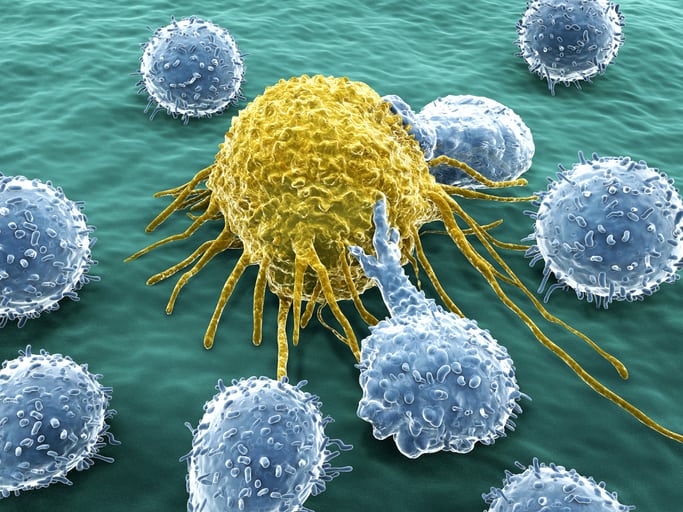Cancer patients infected with SARS-CoV-2 have worse outcomes, including higher morbidity and mortality than the general population. Protecting this vulnerable group of patients from COVID-19 is of the utmost importance for the continuous operation of an oncology unit. Preventive strategies have been proposed by various societies, and centers around the world have implemented these or modified measures; however, the efficacy of these measures has not been evaluated. In our center, a referral oncology/hematology unit in Athens, Greece, we implemented strict protective measures from the outset of the pandemic in the country and we have prospectively recorded the epidemiological characteristics of COVID-19. Among 11,618 patient visits performed in our unit, 26 patients (case-to-visit ratio of 0.22%) were found positive for SARS-CoV-2, including 4 (1%) among 392 patients that were screened before starting primary systemic treatment. Among patients tested positive for SARS-CoV-2, 22 were symptomatic at the time of diagnosis; subsequently, 12 required hospitalization and 5 died due to COVID-19. Detailed contact tracing indicated that there was no in-unit transmission of the infection. Thus, strict implementation of multilevel protective strategies along with a modestly intense screening program allowed us to continue cancer care in our unit through the pandemic.
Continuing Cancer Therapy through the Pandemic While Protecting Our Patients: Results of the Implementation of Preventive Strategies in a Referral Oncology Unit.


